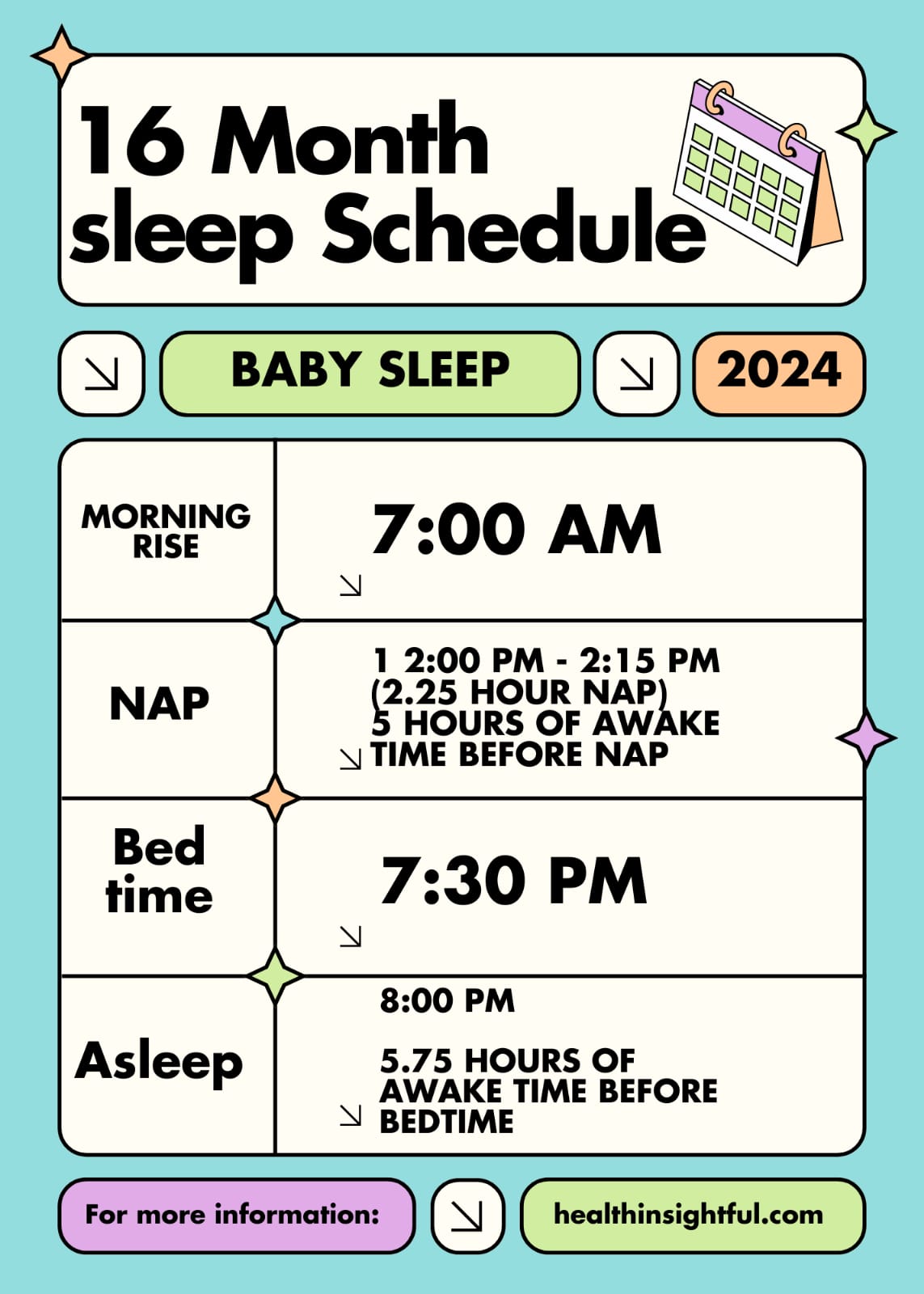This being the case, as a parent and a new one in that matter, you must have noticed that your baby only slept when latched on. That can be quite normal, yet confusing and tiring for the parents. Knowing why your baby would want to sleep on the latch will get you through this phase more easily, and you find solutions which might work for both you and your baby.
Why Does My Baby Only Sleep When They Are Latched?

1. Comfort and Security
Among the major reasons why your baby sleeps only when latched up are comfort and security due to breastfeeding. Closeness to mom, the warmth of her body, and the soothing cadence of nursing make the infant feel safe, much as in utero when they had total protection.
2. Natural Sleep Association
Babies are routine animals, and more often than not, they attribute sleep to certain actions. If one’s baby has fallen asleep after nursing regularly, then soon they will start creating an association between latching and sleep. This natural sleep association can thus render them unable to drift off without being latched.
3. Sucking Reflex
Newborns are born with a very strong sucking reflex; it is partly due to survival instinct and partly a self-soothing mechanism. Sucking lets off endorphins inside the brain that make the baby relaxed and sleepy. So, many babies latch and suck because it is comforting, hence the best way for them to fall asleep.
4. Hunger and Thirst
Sometimes, your baby may not be seeking comfort after all, but might actually be hungry or thirsty. Newborns have very small stomachs and, therefore, need to feed more often. If your baby only sleeps when latched, it is perhaps because this is his way of knowing that they have been fully fed before sleeping.
5. Bonding Time
It not only provides nutrition, but also one of the most powerful bonding times between mother and child: close contact, eye to eye, and skin to skin. Your baby might like sleeping latched on because he is close to you-reinforcement for his attachment.
The Challenges of a Baby Who Will Only Sleep When Latched
While this may be normal for babies, who truly love being latched on and just sleep a lot, it can at the same time be a challenge to be surmounted by parents.
1. Mother’s Exhaustion
It always becomes exhaustive for the mother to have to nurse the baby to sleep, especially for night sleeps. The accumulated lack of rest may result in fatigue, stress, and even postpartum depression if not dealt with accordingly.
2. Sleep Dependency
This would be a sleep crutch if a baby gets so accustomed to latching in order to fall asleep. What is meant here is that independently, or without nursing, the baby may perhaps never learn to fall asleep, which may lead to sleeping problems in the long term.
3. The Baby’s Sleep Gets Interrupted
This can become chronic nocturnal awakenings in cases where the baby wakes up at nighttime and cannot go back to sleep unless latched. A disrupted sleep pattern for both the baby and the parent means a vicious circle of broken rest.
4. Difficulty Weaning
This might be the case, but when the baby becomes older, one may wish to wean him off from breast-feeding. However, when they have been used to latching to sleep, their weaning might just become quite an impossible and stressful activity for both of them.
How to Help Your Baby Sleep Without Latching

These are a few successful ways of weaning the baby off the latching on and sleeping method. Just remember that every baby is different, and this may not work on them with a certain method that you used with another. Be patient and try several times.
1. Bedtime Routine
An elaborate sleep ritual could be planned in order to engage him by associating other things with falling asleep apart from latching. The list includes but is not limited to a nice warm bath, gentle massage, reading of books, or even singing. This is aimed at signaling sleep time for your baby, without necessarily having to nurse him.
2. Offer a Pacifier
This would help those babies who have an intense need to suck for comfort. The pacifier can offer the soothing effect of sucking but without having to latch on. However, this must be at the right time in order not to create nipple confusion when once the baby has demonstrated good effective breastfeeding.
3. Gradual Weaning from Latching
Gradual weaning might be done if the baby has developed a dependency on latching to fall asleep. A good example would be a reduction in frequency of latching before sleeping and removal from the breast before your baby is totally asleep. Your baby will take a cue with time, seeking other ways of sleeping without attaching to your breasts.
4. Introduce Other Sleep Associations
Help your baby find other sleep associations besides latching. Other ideas to consider are a white noise machine, a special blanket or lovey, or simply gentle rocking. Consistency with any of these sleep cues may help your baby learn to associate these with falling asleep, not with breastfeeding.
5. Encourage Self-Soothing
It is good to teach your baby self-soothing as they grow older. This probably means letting them fall asleep sucking their thumb or fingers, or patting them lightly so that they go to sleep in their crib. Gradually, these self-soothing measures will teach your baby to learn sleeping independently.
6. Sleep Training
With older babies, sleep training is an option. There are various methods of sleep training, ranging from very gentle “no cry” methods through to more scheduled approaches like the “Ferber method.” In sleep training, you’ll want to provide your baby with opportunities to learn how to go to sleep and stay asleep without needing to latch.
When to Seek Professional Help
Though normal, babies take to latching over sleep, and there comes a time when one may have to seek professional help. The difficulty in managing your baby’s sleep habits, or concern over your baby’s sleeping dependency, would be better off if advised by a pediatrician or a lactation consultant. They will be able to advise more personally and support you with your own baby’s needs.
1. Persistent Sleep Issues
This is a major warning-your baby keeps waking up a couple of times every night and cannot self-soothe without latching. Chronic sleep issues interfere with the development of your baby, just like yours also.
2. Difficulty Weaning
A lactation consultant can also advise on how to wean your baby off breastfeeding ways that will cause the minimum amount of stress to both mother and baby.
3. Growth and Developmental Concerns
The pediatrician will assess the general health of the baby if the parent is concerned that their sleep pattern has interfered with growth and development and recommend accordingly.
Conclusion
It is expected that the baby will latch when they want to fall asleep, since this is where comfort, security, and nourishment originate. However, if this becomes a trend that is hard for parents to take in, breaking the habit and making a baby sleep without latching them isn’t impossible. This should give him a pacifier or simply weaning him off latching after a well-established bedtime routine will eventually help the baby learn to fall asleep independently of this contact.
As every baby is different, it would be a matter of trial and error before finding the right approach that will work for a baby. In case one has a hard time with the sleeping patterns of the baby, then professional help may be sought after so that one and the baby could get the rest each of them deserves.










